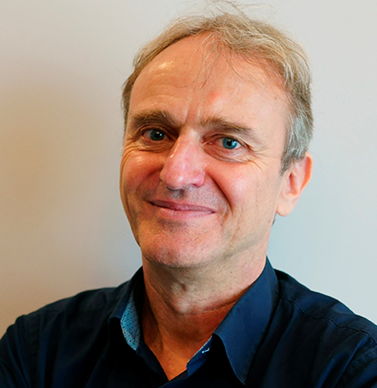
01 Nov Arjen Dondorp appointed Full Professor of Translational Global Health
It is with great pride we announce that Arjen Dondorp has been appointed Full Professor. As of 01 November 2022, Arjen Dondorp has been appointed full Professor of Translational Global Health at the University of Amsterdam. His chair resides in the Department of Global Health, Amsterdam University Medical Center.
Arjen intends to fill in his chair with translational research projects in the fields of intensive care in LMICs, malaria and other infectious diseases in collaboration with colleagues in LMIC institutes, relevant departments in the Amsterdam UMC and the multidisciplinary competencies represented in AIGHD. He also intends to actively contribute to AOGHD’s undergraduate education in Global Health.
Arjen’s chair is a wonderful addition and expansion of the Global Health department’s capacity, as well of that of AIGHD, the Amsterdam UMC and the UvA at large, in cutting edge research and education in Global Health. To learn more about his newest accomplishment and the meaning of translational research, we sat down with Arjen for an interview.
What does Translational Global Health mean to you? And how will we see this in the research you will conduct or the courses you will teach?
Translational research often means research from bench to bedside, but in my assignment it refers more to translating research benefiting individual patients to implementation of novel therapies or treatment strategies and ways to put these into policies. This is reflected in the research topics I intend to focus on. For instance, on the topic of drug resistant falciparum malaria, we are preparing a study proposal on how to set up molecular surveillance in several African countries. This has a strong technical component, but also focuses on how to implement surveillance at the community level and how to communicate results with policy makers, doctors, and the community itself. Another example are projects around the improvements in the care for critical illness in low- and middle-income countries. Showing the connections between basic research findings, patient care, public health and policy making will also be an important topic for the teaching courses.
What does this appointment mean to you?
For me this appointment is a very nice extension of the strong collaborations I have had over the years with many groups in the Amsterdam UMC and AIGHD. It will also strengthen the relationship between my other institution, the University of Oxford and the Mahidol-Oxford Research Unit in Bangkok. I am also looking forward to supervising PhD students in my new role at the University of Amsterdam.
How will this appointment impact your research and work in the Future?
The Amsterdam UMC and the AIGHD are quite unique in the wide range of disciplines that work on global health, which includes not only the medical departments, but also the faculties of social and economic sciences. This will broaden the scope of our joint projects and will surely benefit my research.
As part of the AIGHD community, how do you envision this appointment can contribute to the expansion of our research capacity?
I trained as an infectious diseases and intensive care physicians. My career has mainly focused on malaria and other tropical infections and the development of intensive care medicine in LMICs. Although there is always a focus on clinical research, the projects I work on are usually very multidisciplinary, which fits well with the aims of the AIGHD community.
